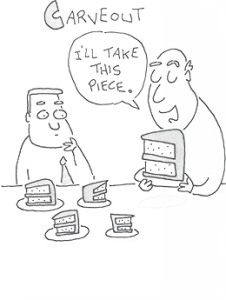A debtor engaged in commercial or business activities whose aggregate, non-contingent liquidated secured and unsecured debts as of the date of the bankruptcy filing are at or less than the amount provided under Section 101(51D) ($2,343,300 as of publication). The cap excludes debts owed to affiliates or insiders of the debtor.
Chapter 11 contains special provisions designed to facilitate reorganizations in smaller cases by streamlining the process ordinarily applicable to a Chapter 11 debtor. For example, in the Chapter 11 case of a small business debtor the process for confirmation of a bankruptcy plan is more flexible, the bankruptcy court may order that no disclosure statement is necessary, the hearing on approval of the disclosure statement and plan may be combined, and the timing for a hearing to approve the plan is put on a faster track than in an ordinary Chapter 11 case. These benefits come at a price, however, as a small business debtor is subject to additional reporting and oversight provisions not applicable in other Chapter 11 cases.
If a creditors’ committee is appointed in the debtor’s case, the debtor will no longer be considered a small business debtor unless the court determines that the creditors’ committee is not sufficiently active and representative to provide effective oversight of the debtor.
A debtor whose primary activity is the business of owning or operating real property or activities incidental to owning or operating real property will not qualify as a small business debtor even if the debtor would otherwise meet the definition of a small business debtor.
Bankruptcy Code § 101(51D). See also Small Business Case.

